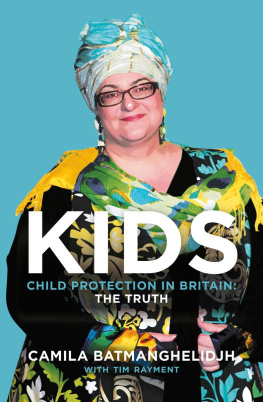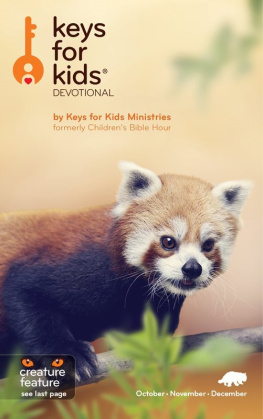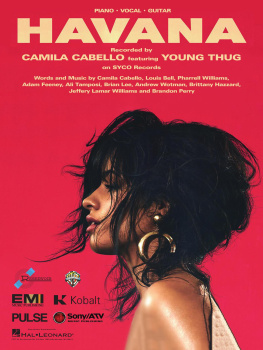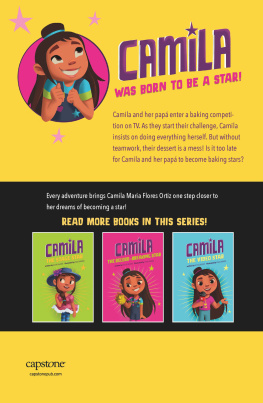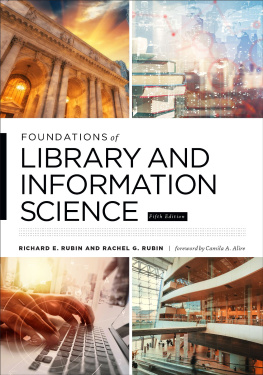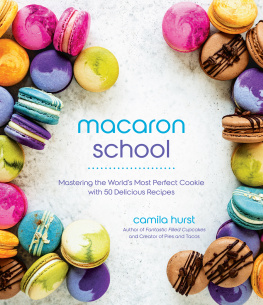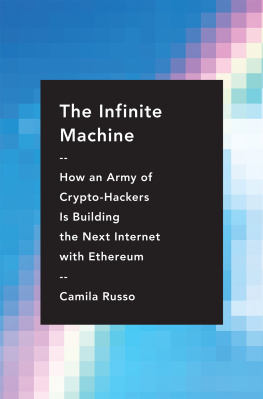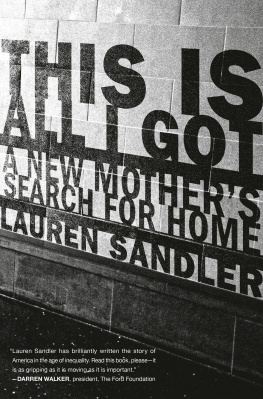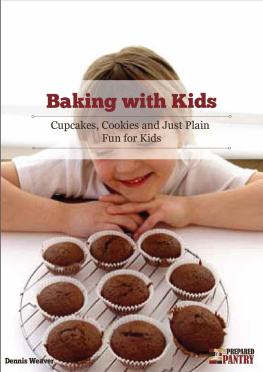Camila Batmanghelidjh - Kids
Here you can read online Camila Batmanghelidjh - Kids full text of the book (entire story) in english for free. Download pdf and epub, get meaning, cover and reviews about this ebook. year: 2017, publisher: Biteback Publishing, genre: Home and family. Description of the work, (preface) as well as reviews are available. Best literature library LitArk.com created for fans of good reading and offers a wide selection of genres:
Romance novel
Science fiction
Adventure
Detective
Science
History
Home and family
Prose
Art
Politics
Computer
Non-fiction
Religion
Business
Children
Humor
Choose a favorite category and find really read worthwhile books. Enjoy immersion in the world of imagination, feel the emotions of the characters or learn something new for yourself, make an fascinating discovery.
- Book:Kids
- Author:
- Publisher:Biteback Publishing
- Genre:
- Year:2017
- Rating:3 / 5
- Favourites:Add to favourites
- Your mark:
- 60
- 1
- 2
- 3
- 4
- 5
Kids: summary, description and annotation
We offer to read an annotation, description, summary or preface (depends on what the author of the book "Kids" wrote himself). If you haven't found the necessary information about the book — write in the comments, we will try to find it.
Kids — read online for free the complete book (whole text) full work
Below is the text of the book, divided by pages. System saving the place of the last page read, allows you to conveniently read the book "Kids" online for free, without having to search again every time where you left off. Put a bookmark, and you can go to the page where you finished reading at any time.
Font size:
Interval:
Bookmark:
O n 5 August 2015, Kids Company had to close its doors, depriving some 36,000 children and families of a resilience-enhancing charity. Desperate children were clinging onto staff, both weeping. Mothers were rummaging through the kitchens, gathering potatoes because they knew they would be left without food. For the reporters, it was another day of news. For vulnerable children and families, it was the last day of a lifeline. For many, Kids Company had been their second home; a source of comfort and hope in the shadow of an unforgiving, violent urban environment.
False sexual abuse allegations made public through the media, before the charity knew about them, led to the closure of the organisation.
After seven months of rigorous police investigations, the charity was cleared. The allegations were deemed by the police not to present a child protection failure or risk. In fact, the investigating team stated they found no fault with Kids Companys safeguarding of children and vulnerable adults. For nearly two decades the organisation had had no child protection failings. The charity was exonerated of any crime or malpractice. However, it was too late. Thousands of children, families, workers, donors and supporters felt perplexed and betrayed.
Who took these allegations to the media and why?
If safeguarding was their primary intention, they could have taken their concerns to the police first, the local safeguarding boards, the Charity Commission, the NSPCC, the government, local MPs, the Care Quality Commission or Ofsted, if they had lost faith in Kids Companys ability to keep children safe. Instead, their first port of call was the media. BBC Newsnight sat on these allegations for some time, during which they identified contributors to their programmes and those of their online media outlet partners, in preparation for mass release.
Had Kids Company been abusing children throughout this period, while the media were creating content, more children could have come to harm. Protecting abused children was neither the alleged whistleblowers nor the medias priority.
Kids Company would have survived without the false sexual abuse allegations, because we had raised a years money ahead for 2015/16 and we could meet all our liabilities.
Post closure of the charity, elements of the media and some civil servants suggested that the government did Kids Company a favour by giving the charity grants. In fact, it was the other way around: Kids Company was doing the work the state should have done in protecting vulnerable children and families and we were not properly funded for it because children and families were self-referring for help. No one would take financial responsibility for them, leaving the charity to raise 123 million to supplement the 41 million in grants the government gave it over twelve years.
Conflict arose between the Cabinet Office and Kids Company when I insisted that an independent firm of auditors should count and cost the number of children in our care who were the states responsibility. We wanted government to step up, rather than use a charity to avoid their statutory duties to protect vulnerable children.
The political systems response was to lose reports and documents which demonstrated the charitys efficacy, so that an impression could be created of Kids Company as an inefficient and failing organisation. This was a strategy to weaken Kids Companys message too many maltreated children are being failed by their government.
Subsequent inquiries into the charitys efficacy colluded with this agenda by not taking available evidence which would have both proven the charitys capabilities and the governments distorting narratives. All inquiries avoided scrutiny of why Kids Company was systematically disrupted through a partnership between elements of the state, some members of the media and a handful of staff they co-opted into the agenda.
One care-leaver watching me be interviewed by MPs during the parliamentary inquiry apologised profusely, saying it was his fault, because he had asked for too much help. Children and young people who had already experienced unforgiving devastation in their lives did not deserve the public humiliation.
Over two decades, among the most vulnerable, Kids Company had acquired a reputation for being powerful advocates with an unwavering agenda: to see children and young people become safe and able to realise their potential. Most of the time, this agenda was achieved through partnerships. Generous and kind social workers, health practitioners, teachers, business leaders and the general public collaborated with us to generate a safety net for the most vulnerable and reconnect them to the centre of society.
We were profoundly moved by the kindness of strangers: members of the public who would walk onto our premises with cash and goods, as well as philanthropists who would sign million-pound cheques. Companies embraced our young people for work experience and gave goods-in-kind to improve their lives. Kids Company was enriched by the generosity of people irrespective of their wealth.
For some children and young people, the path to recovery was much harder than some decision makers were prepared to acknowledge, because they struggled with the dark repercussions of childhood maltreatment. Instead of being able to focus on achievements, they were condemned to surviving not only the abuse they were exposed to, but also the haunting memories of it which replayed in body and mind, creating lifelong battles.
Perhaps the most painful part of our families journeys was the way society resolved the complexities of inequality by attributing to struggling individuals a kind of moral flaw, making them responsible for their unhappiness. It was a cultural and systemic defence in the service of sustaining the delusion that life is predictable and follows rules. Therefore, those who fall foul of it must have broken the rules and were being rightly punished.
Maybe what has been hard and unpalatable for all to acknowledge is that a mere throw of the dice renders one child secure and another devastated. Its called chance.
Of course, in the context of the arbitrariness of life, there are better choices to make than others. However, fundamentally the children and families Kids Company cared for were citizens whose quality of life was radically affected by psychosocial toxicity. Their mountain was much higher and harder to climb than for those whose citizenship had been better resourced, both psychologically and economically.
How does society reconcile such extreme divides between the rich and the poor, the safe and the unsafe, the psychologically stable and the unstable? As lives have become more individualistic, and our politics more about personal competencies, we have bought into the delusion that we only need to succeed personally.
People have been forced to turn themselves into commodities for sale. Working has ceased to be about earning a living and contributing to the wider community. Work has now become about selling the self and our children as desirable products.
It is survival behaviour, forcing the belief that unless personal attributes and characteristics are enticing enough, the individual will be dispensed with, rendered worthless. It is in this context that even the securest is still a prisoner to being a brand.
In selling the self as an object to others, we sit in judgement, not only of our own identity but also the identities of others. Over time, human beings lose touch with their emotional frailties and the need to be nurtured. As personal psychological maps become distorted, negating our emotional landscape, it becomes easy to deny the needs of others. In the service of survival, the best of us are becoming lethal. We murder vulnerability within ourselves and kill it in others through negation.
Font size:
Interval:
Bookmark:
Similar books «Kids»
Look at similar books to Kids. We have selected literature similar in name and meaning in the hope of providing readers with more options to find new, interesting, not yet read works.
Discussion, reviews of the book Kids and just readers' own opinions. Leave your comments, write what you think about the work, its meaning or the main characters. Specify what exactly you liked and what you didn't like, and why you think so.

